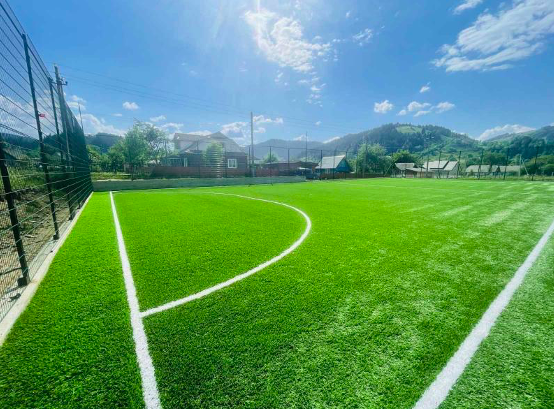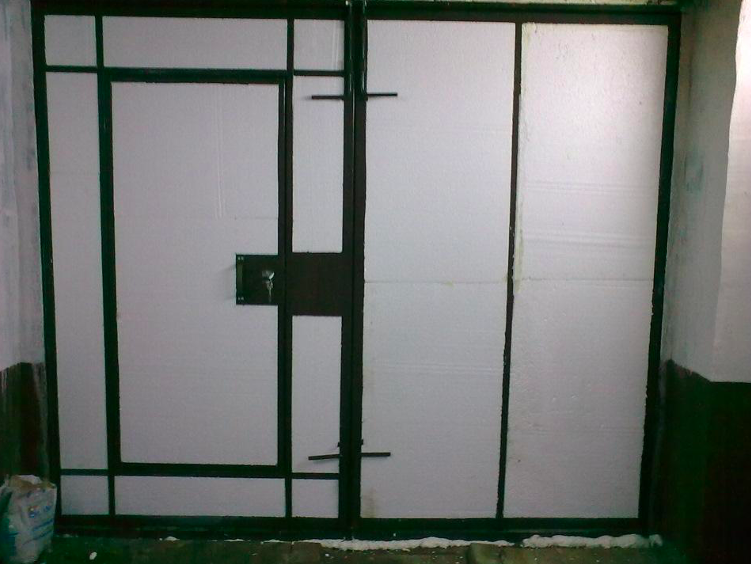Modern football requires ideal playing conditions all year round. This is where heating a football field comes to the rescue, allowing you to maintain an optimal microclimate even in the cold season. Heating the field not only ensures the comfort of the players, but also maintains the quality of the surface, preventing the ground from freezing and ice formation.
Let's consider the main heating methods:
- water heating, which uses a system of pipes through which hot water circulates;
- electric heating, which uses an underground system of electrical cables distributed evenly under the surface of the field.
These methods effectively maintain field temperature and prevent damage.

The content of the article
- How is water heating implemented?
- How is electric heating implemented?
- Artificial turf field: advantages and characteristics
- Heated football field: technological process
- Heating a football field with artificial turf: management and maintenance
How is water heating implemented?
In the implementation of water heating of a football field, a key role is played by a system of pipelines laid under the surface of the lawn. These pipes circulate hot water, which distributes heat evenly throughout the field. The operating principle is based on heat transfer from water to soil, which prevents the ground from freezing and maintains the ideal condition of the surface for football matches. An important point is the correct choice of pipe material: they must be resistant to corrosion, withstand high temperatures and be durable enough to withstand the stress of play and care field.
For water heating to be effective, an accurate temperature control and regulation system is required. Modern systems are equipped with temperature sensors and automatic regulators that allow you to maintain the desired thermal conditions depending on weather conditions. This allows you to optimize energy consumption and avoid overheating or underheating of the field. In addition, regular maintenance of the system ensures its longevity and reliability, which vital to maintaining high quality playing surfaces in professional football arenas.
How is electric heating implemented?
Electric heating of a football field is realized through the installation of specialized heating cables under the surface of the field. These cables, spaced equally apart, produce heat when electric current passes through them. This system ensures uniform heating of the entire field area. It prevents ice formation and ground freezing. Electric heating is especially effective in cold climates where maintaining the optimal condition of the artificial surface is critical to the quality of the game.
The advantage of electric heating is its high efficiency and the ability to accurately adjust the temperature. The systems are usually equipped with sensors and automated control panels, making it easy to adjust heat output depending on weather conditions. This also ensures economical use, since energy is used only when it is really needed. However, electrical systems require careful design and installation, as well as regular maintenance, to ensure safe and reliable operation.

Artificial turf field: advantages and characteristics
The transition to an artificial turf field was a significant step in the development of football infrastructure. Artificial pitches have a number of advantages over natural grass, including less dependence on weather conditions and lower maintenance requirements. In addition, they are ideal for use in combination with heating systems.
Key characteristics of artificial turf include:
- high wear resistance;
- resistance to various weather conditions;
- optimal adhesion and elasticity.
Heated football field: technological process
Creating a heated football field is a complex technological process that includes several stages. It begins with the design and preparation of the base, then heating systems are installed and artificial turf is laid. Particular attention is paid to the selection of materials and equipment to ensure durability and reliability of the structure.
The process includes:
- Preparing the base: strengthening and leveling the surface.
- Installation of a heating system: selection and installation of a suitable type of heating.
- Laying artificial turf: ensuring uniformity and proper fastening.
Heating a football field with artificial turf: management and maintenance
Heating an artificial turf football field requires special attention to management and maintenance. This includes regular checks of the heating system, monitoring the uniformity of heat distribution and timely inspection of the artificial turf for wear or damage. Modern systems are often equipped with automatic controls to optimize the heating process and reduce energy consumption.
Key aspects of management and maintenance include:
- temperature adjustment depending on weather conditions;
- periodic maintenance of the heating system;
- monitoring the condition of artificial turf.
Thus, a heated football field with artificial turf is a complex engineering system that provides comfortable conditions for playing football in any weather. Its creation and maintenance require the use of modern technologies and a careful approach to each stage of work.


